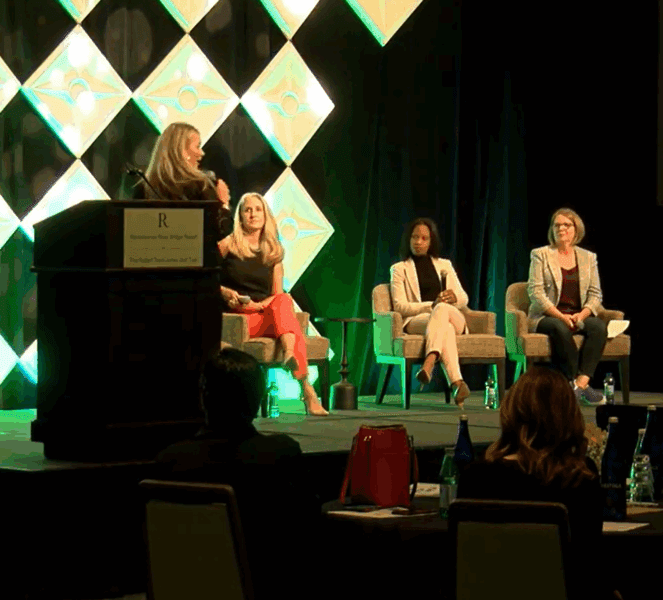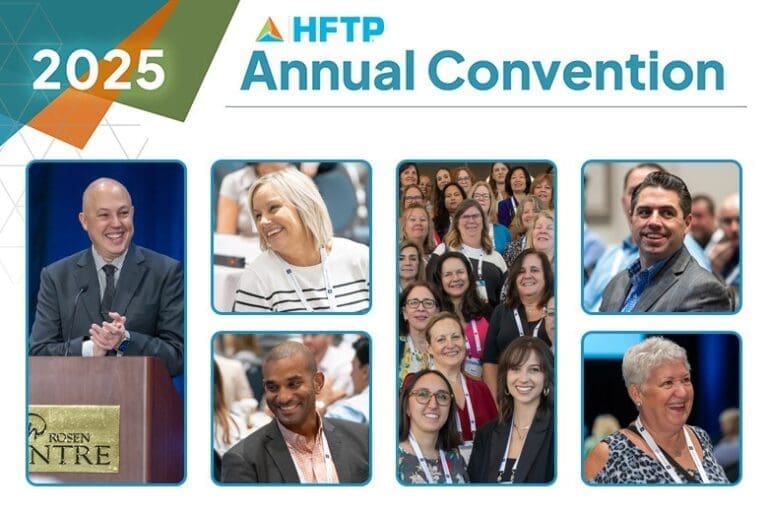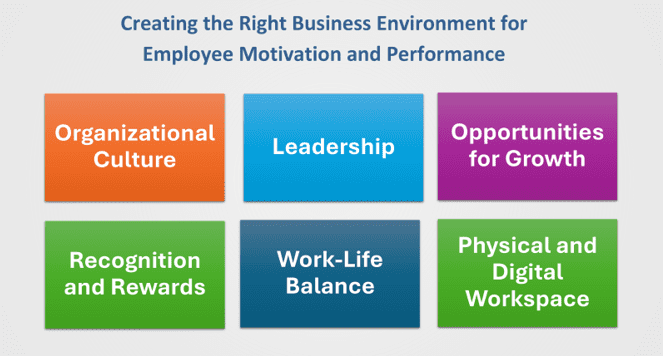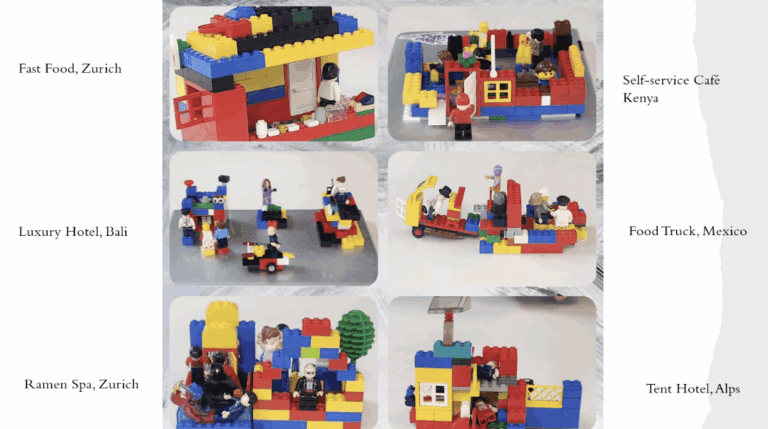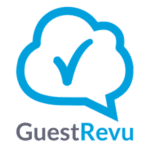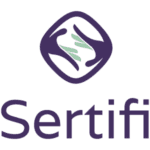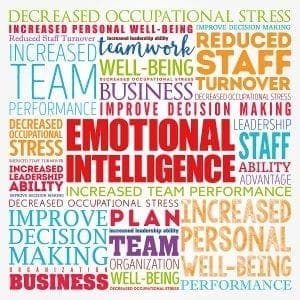 Oye como va…or…here’s how it went down: Many, many moons ago, nearly at the onset of revenue management, I was booking a room for a weekend in Manhattan with a reservation agent for a major brand that will remain nameless. The agent was very hospitable while sharing with me that the rate for Friday night was $275, but for Saturday night it would be $425. I asked if it was the same room. “Yes, of course,” was the reply. I asked if additional amenities would be provided due to the significantly higher rate for the same room at the same location. “No, of course not,” came the reply, adding graciously (or perhaps more gratuitously), “We’re just busy on that Saturday.”
Oye como va…or…here’s how it went down: Many, many moons ago, nearly at the onset of revenue management, I was booking a room for a weekend in Manhattan with a reservation agent for a major brand that will remain nameless. The agent was very hospitable while sharing with me that the rate for Friday night was $275, but for Saturday night it would be $425. I asked if it was the same room. “Yes, of course,” was the reply. I asked if additional amenities would be provided due to the significantly higher rate for the same room at the same location. “No, of course not,” came the reply, adding graciously (or perhaps more gratuitously), “We’re just busy on that Saturday.”
So, karma being what it is…two months later…the same brand inquired by phone if I was available to provide a presentation to its team at its annual conference in March of that year. I replied that March was a busy month but that I did have some open dates. They told me what date they wanted me, and a quick check of my calendar revealed I was indeed available but that I was in high demand that particular week. So I advised them that, yes, I was available on that particular date but that my honorarium for the talk would be 50% higher than my usual rate. There was dead silence. Then, “Is the talk the same length?” “Yes, of course,” I replied. “Will you be doing it more than once for our audience?” “No, of course not,” I replied, while adding, “It’s just that I’m very busy that week.” “You’ve got to be kidding me! Are you seriously telling me that you’re charging us more because you’re busy?” Here’s the funny thing—The people who don’t get it, don’t get that they don’t get it!
In the same vein, this talking point that “people would rather sit home and collect unemployment which is why we can’t hire people in the hospitality industry” isn’t supported by research. Sure, it happens, but it’s not the ubiquitous criterion for not going back to the industry.
Covid-19 provided hospitality employees with a new lens. They became creative. They became entrepreneurs. They sought out opportunities in different industries. And they realized,
- I no longer want to work in smoke- and vapor-filled casinos or hotel lobbies;
- I no longer want to work in harassing and bullying environments;
- I no longer want to work in a negative, demeaning culture;
- I no longer want to work on my feet for eight hours a day for minimum wage (or close to it) without health insurance or other benefits;
- I no longer want to clean 15 guest rooms a day for $11 an hour while the hotel is charging triple the normal rate just because it can;
- I no longer want to work in an industry where wages are kept artificially low by metrics provided by wage surveys;
- I no longer want to be “misclassified” as a “manager” to avoid being paid overtime;
- I no longer want to drive 20 miles to the hotel every day when I can exceed my objectives from home;
- I no longer want to break my back for a business only to have my job outsourced to save a dollar an hour as the business attempts to avoid the responsibility of operating a safe environment;
- I no longer want to work for businesses that support trade organizations (and politicians) that are so short sighted that they fight against a living wage for their most important assets;
- AND now I know that I don’t have to!
Obviously, many hospitality organizations don’t fit the characteristics outlined above—but far too many others still do.
Hospitality organizations that are authentic, objective and empathic, those that treat employees kindly and fairly, pay equitably and competitively (benchmarked against all industries, not just its competitive set) and create safe, positive environments for their employees and guests will attract high quantities of high-quality labor that will be engaged, productive and committed to the mission of the hotel or restaurant. And these organizations will continue to thrive.
Those that continue the “if it ain’t broke, don’t fix it” or “it is what it is” or “that’s a nonstarter” or “I had to work like that” mantras are not only demonstrating their inability to communicate but also their inability to recognize a seismic shift in the labor dynamic because they’re interpreting everything through their egocentric, self-entitled, privileged lens. For these, the creed of greed is killing the parable goose. These are the same organizations that howl against labor unions (while being a member of a franchise association, aka a franchisee union), not ever recognizing that it’s their culture and treatment of employees that open the door for union organizing. You show me a labor union, and at some point in time on that industry’s/organization’s evolution curve, I’ll show you abusive leadership.
There are, essentially, two types of leaders: those who are egocentric and self-advancing and those who are objective, authentic, and put the organization and its constituencies first. The former may have short-term success but leave chaos in their wake; the latter typically enjoys long-term success and leaves a lasting legacy of the path to success. Leaders who interpret events and circumstances through the objective, authentic lens, rather than the subjective, egocentric lens, have typically also developed a significant level of emotional intelligence.
Emotional Intelligence (EI) enables leaders to be proactive rather than reactive; it enables leaders to manage relationships successfully and to embrace empathy. (Just so we’re all tracking together, empathy is looking at a shredded chicken salad from the chicken’s perspective.) Today, more than ever, given the diversity and sometimes divisiveness present in organizations, EI is a crucial trait for leaders. Indeed, research has shown that EI is often much more important than IQ when it comes to sustaining relationships and inspiring a team to willingly accomplish a mission. Just as significant is that EI can continuously evolve in people, whereas IQ is static.
EI has four fundamental aspects: self-awareness, self-regulation, initiative/innovation, and empathy. Self-awareness is knowing one’s strengths and weaknesses and recognizing emotional triggers and the reactions to those triggers. Self-regulation is the ability to mitigate the impact of emotional triggers and/or to recover from emotional challenges relatively quickly, being resilient. Initiative/innovation is being open to new concepts, paradigms and protocols as well as embracing the inclusion of a diverse team. Empathy is the ability to not just understand but to also share the feelings of another and, by extension, the ability to listen empathically.
Leaders with higher levels of EI normally have a stronger propensity to provide praise and recognition to others. Research has concluded that higher levels of praise and recognition in an organization drive higher rates of return on investment. Emotionally intelligent leaders recognize the importance of direction for an organization, so their organizations have cogent mission statements along with congruent goals. Positive cultures are driven by clear core values. Honesty, integrity and trust are emphasized and practiced throughout. Accountability is expected and executed. Emotionally intelligent leaders also have the ability to own mistakes rather than falsely deny or blame others, and just as important, they can apologize for mistakes, recognizing that an apology means that the relationship is more important than one’s ego.
Emotionally intelligent leaders are the foundation for their organizations. Just like the foundation of a building, they bring strength and stability and work from the bottom up rather than the top down. To validate this premise, ask yourself when you last built a hotel with the foundation on the top floor!
Ultimately, would you rather have people that have to work for you or people that want to work with you?
About the authors
Stephen Barth, Founder, HospitalityLawyer.com
Marilyn Faz, Executive Administrative & Marketing Assistant, HospitalityLawyer.com


